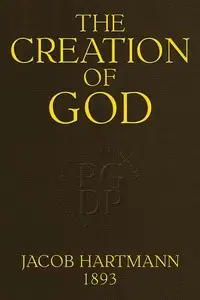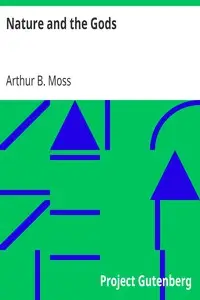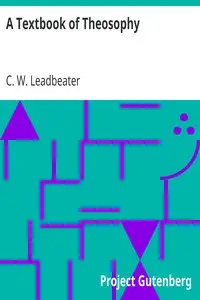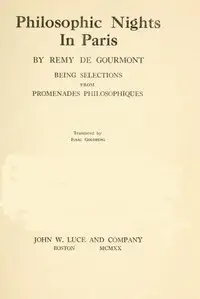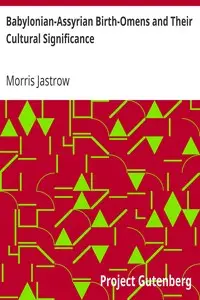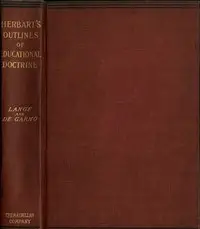"The Tyranny of God" by Joseph Lewis is a powerful argument for atheism that examines the idea of God as a source of oppression over people's minds and lives. The book questions common religious ideas and encourages people to think for themselves using logic. Lewis tackles tough questions about why there is so much pain and unfairness in the world, claiming that life's hardships come from both nature and the made-up idea of a god. He doubts the meaning of life, suggesting the world doesn't care about human suffering, and criticizes a god who would create a world full of problems. Lewis urges people to break free from religious beliefs and instead use reason and personal experience to understand the world, supporting a big shift in how people see themselves and their fights against the "tyranny" of old religious views.
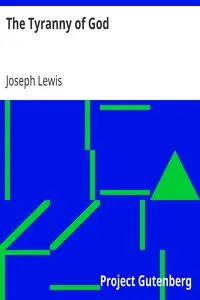
The Tyranny of God
By Joseph Lewis
A daring call to free oneself from the chains of religious dogma, and embrace a world understood through reason in the face of a seemingly indifferent universe.
Summary
About the AuthorJoseph Lewis was an American freethinker and atheist activist, publisher, and litigator. During the mid-twentieth century, he was one of America's most conspicuous public atheists, the other being Emanuel Haldeman-Julius. Born in Montgomery, Alabama to a Jewish family, he was forced by poverty to leave school at the age of nine to find employment. He read avidly, becoming self-educated. Lewis developed his ideas from reading, among others, Robert G. Ingersoll, whose published works made him aware of Thomas Paine. He was first impressed by atheism after having read a large volume of lectures of Ingersoll devoted to his idol Paine, which was brought to their house by his older brother.
He later credited Paine's The Age of Reason with helping him abandon theism.
Joseph Lewis was an American freethinker and atheist activist, publisher, and litigator. During the mid-twentieth century, he was one of America's most conspicuous public atheists, the other being Emanuel Haldeman-Julius. Born in Montgomery, Alabama to a Jewish family, he was forced by poverty to leave school at the age of nine to find employment. He read avidly, becoming self-educated. Lewis developed his ideas from reading, among others, Robert G. Ingersoll, whose published works made him aware of Thomas Paine. He was first impressed by atheism after having read a large volume of lectures of Ingersoll devoted to his idol Paine, which was brought to their house by his older brother. He later credited Paine's The Age of Reason with helping him abandon theism.






